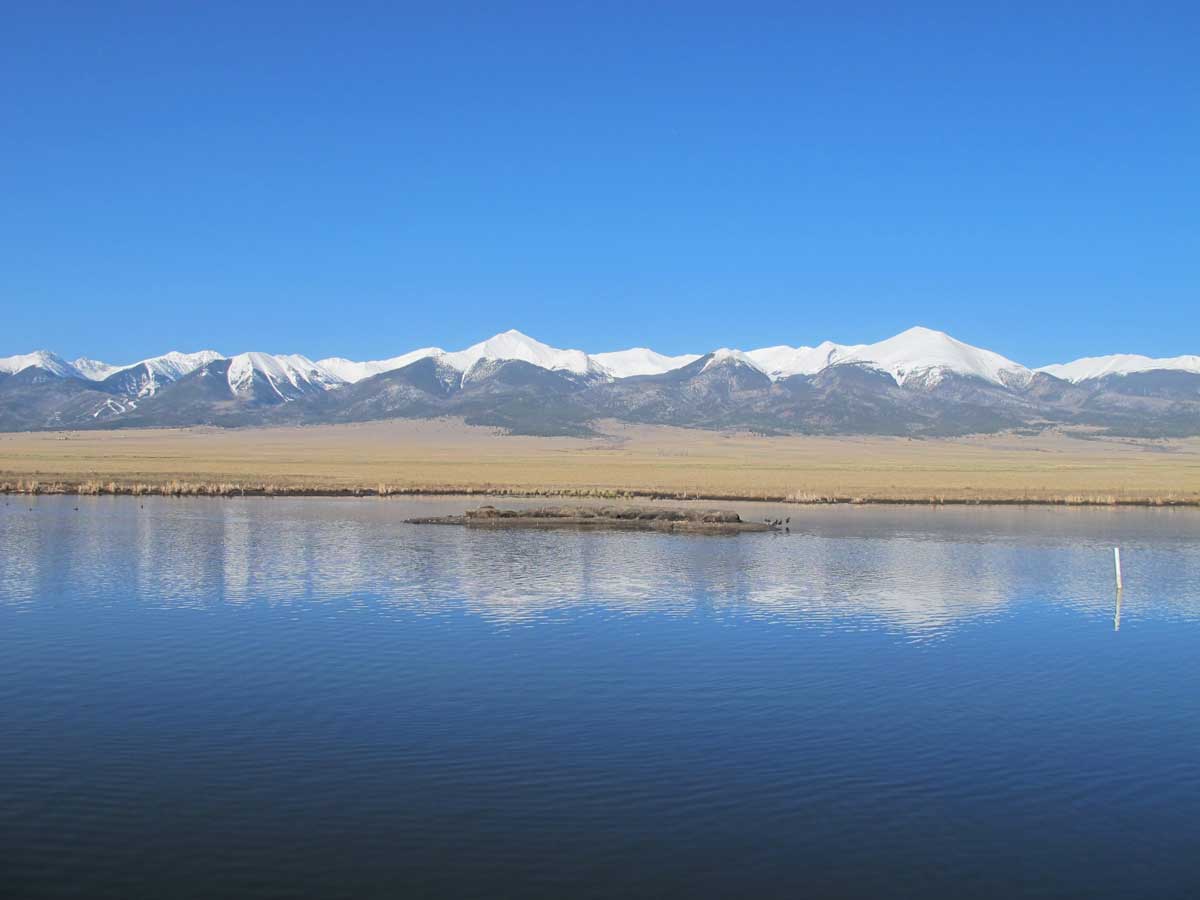Colorado Water Law For Landowners – Written By Kent Holsinger, ESQ.
Colorado has long been at the forefront of water issues in the West. As a headwaters state (no water flows into its boundaries), Colorado is a party to no fewer than 14 interstate compacts and U.S. Supreme Court decrees governing water use. Most of the state’s population is situated east of the continental divide, and most of the state’s water supplies originate west of the divide. State laws have evolved to address these issues in an orderly and predictable fashion.
In the United States, there are two basic systems of water law: riparian and prior appropriation. Under riparian law, persons who own land next to a stream are entitled to use the stream’s water roughly in proportion to their percentage of land along the stream. In the arid West, state laws are generally based upon the doctrine of prior appropriation.
In 1876, Colorado became the first state to officially adopt the prior appropriation doctrine in its Constitution. The doctrine is often described as “first in time, first in right.” Seniority is valuable: the needs of a senior water right holder are always met prior to those of a junior water right holder.
The doctrine of prior appropriation provides that the water of every natural stream is public property dedicated to use by diversion and application to beneficial use, subject to the rights of prior appropriators. Some stream systems are heavily administered nearly the entire year. Others may only be administered at times of peak demand such as the irrigation season. Precipitation for the year, snowpack, and the amount of water available in storage may influence when water rights are administered in priority.
Care must be taken to ascertain if one has the legal right to withdraw such water at a given point, at a given time and for a given purpose. Consultation with experienced professionals in water law and engineering is highly recommended.
Within Colorado, water rights are administered in priority by the State Engineer’s Office. There are division offices (as well as water courts) in each of the seven major river basins. The local work of administering water rights falls to boots-on-the-ground staff—the water commissioners.
Landowners should know that state law governs where, when and how water may be used. For example, to legally use an existing water right for oil and gas production, the water must be permitted or decreed for industrial purposes and used in a way that will not injure other vested water rights. Local regulation or federal laws may also impact water used for oil and gas development. Consult with counsel and other experts familiar with water law.
Landowners must secure not only the right to use appropriate water sources, but the ability to convey it to where it is needed. This can include negotiation of agreements for carriage and storage as well as easements and rights-of-way. Consultation with water law counsel and water engineers is highly recommended.

